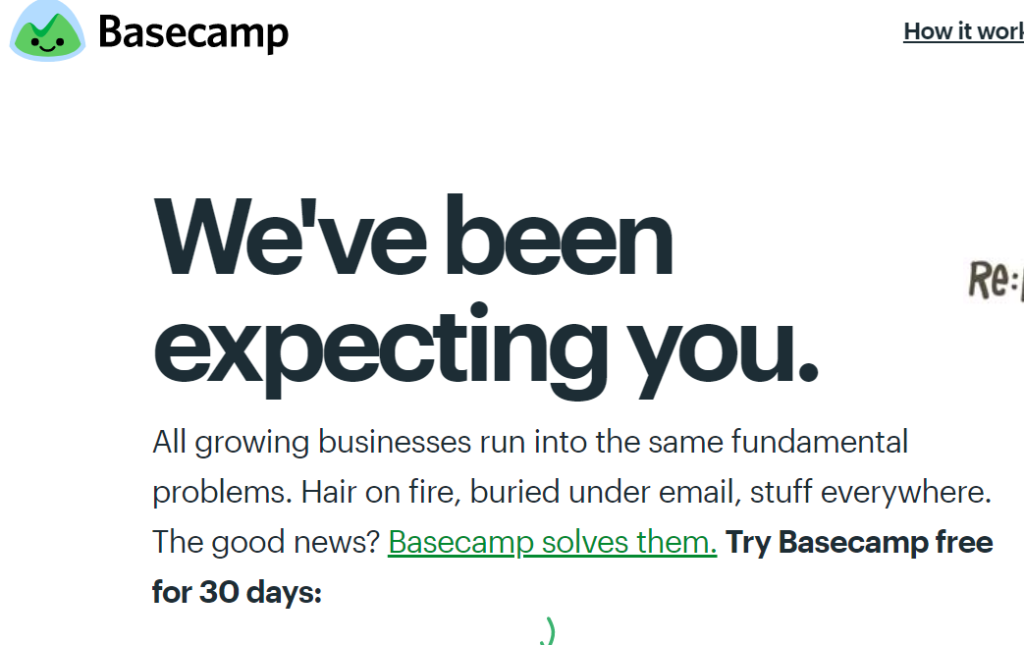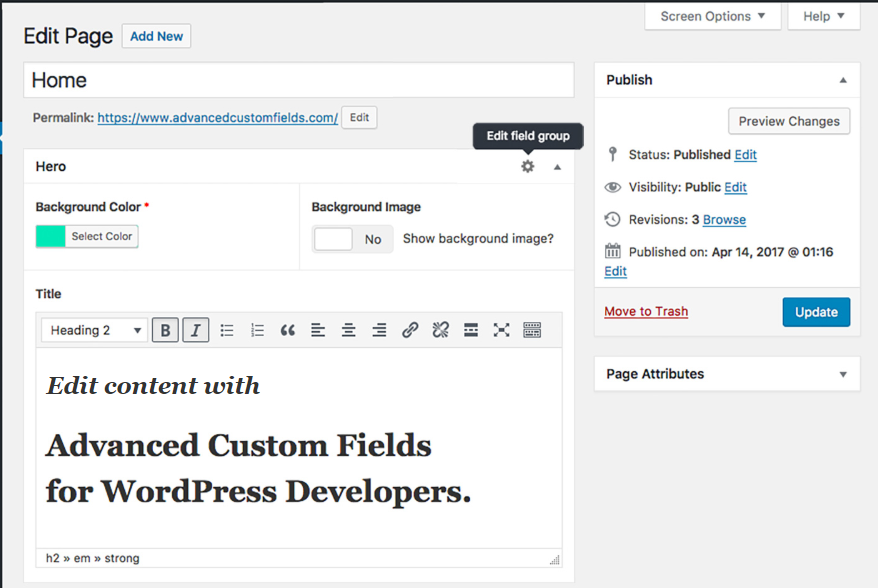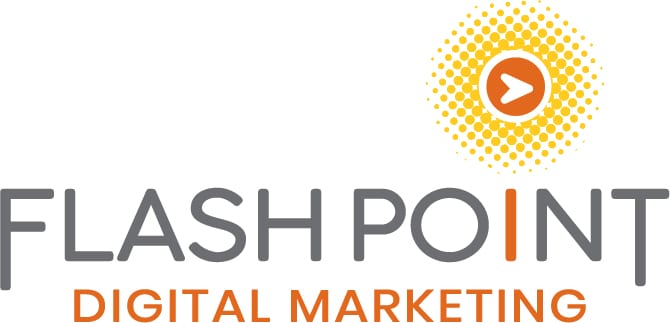SEO Guides, Tips & More!
Learn from Our Experience
Tips for Evaluating Digital Agencies
The opportunity to create and launch a new website for a company is an exciting time for management and the marketing team. It allows the creative juices to flow and results in the creation of a new look and feel for the site. It also allows some to replace a frustrating and unfriendly content management system or site administration portal with a new and robust back end. Whatever the situation, the development of a new site will test project management, communication, creative and people management skills. In order to make it a success, there are important considerations that need to be made when evaluating digital agencies to determine their level of compatibility with your organization.
While there are literally 50 questions that can be asked about an agency’s skills, ability, processes, and experience, I have attempted to narrow it down to a select few that can provide the deepest level of insight. It’s my goal that this blog can serve as a guide to start and a catalyst for other important conversations.
- Experience – An essential criterion for evaluating an agency is their level of experience with design and with building sites using the preferred content management system (CMS). As with most things in life, the greater the level of experience the better the final product will typically turn out. For this reason, it’s important to gain a clear understanding of how long they have been building websites, what CMS they have experience with and the total number of sites they have built. It’s important to ask to see not only the “user” front-end of a site but also the back end. This is an important point that many don’t realize until their project has come to fruition and they are surprised at how user “unfriendly” the back of the site is. While it’s unreasonable to think an agency will allow a prospect to go into the backend of a client site, they should be willing to at least do a screen share and walk you through how the site functions and the back-end interface. Once you have the details on the above experience and what to expect on the back-end, it becomes much easier to determine the best agency to meet the company’s needs.
- Project Timeline – A seasoned professional will want to know about the project timeline. After all, without a timeline, it’s almost impossible to know how the project is progressing and to set expectations (with your team and management). Ask specific questions about the typical timeline and determine if it’s amenable to your expected timeframe. It’s also important to inquire about scope creep as it may become an issue on your project. Consider asking the following:
- Share an experience from a past project that resulted in scope creep?
- How were the changes to the work and schedule communicated?
- Did additional billings result from the change? If so, how were the additional fees calculated?
- What safeguards exist to ensure scope creep doesn’t happen?
- It also makes sense to ask about situations in which the project timeline may change. If it’s the result of actions taken by the company, then it’s important to understand the consequences of a change. However, if the schedule is a result of the actions of the agency, then how is this handled? Do they compensate your company if significant changes are made to the timeline that was directly their fault? The more you know about timeline management, the better you can evaluate how well the project will function when changes arise.
- Roles & Responsibilities – Identifying the various individuals assigned to work the project is another important question when evaluating web agencies. Find out the names and roles of each member of the proposed team along with their years of experience. Also, inquire about whether any aspect of the project will be completed using independent contractors or will be outsourced to another company. There are many web agencies that present their work as turnkey, but many pieces are completed by outside professionals. While this is not necessarily negative, it does raise questions about how the agency will ensure that each part of the project will be completed on time and within budget. We recommend asking for a detailed explanation of project hours along with time/rates for each team member. This will be useful in helping compare one proposal with another.
- Communication – This is an important part of managing expectations and essential to gain an understanding of how a developer will communicate with the internal team through the project. Inquire about whether you will have direct access to the developer/designer or if you will be required to work through an account manager. While there is nothing wrong with an account manager, sometimes not having direct access to those working on the project can create confusion or lead to miscommunications with important feedback. In addition, also inquire about whether a workflow management tool such as Monday.com, Asana or Basecamp, plain email or another process will be used. Finally, be sure to inquire about how often project updates will be given. The last thing you want is to constantly ask for updates and chase down information. The more connected, integrated and regular the communication, the better you will be in understanding answers to questions and project status.

- Development Approach – Since many sites are now being constructed on WordPress, it’s important to understand the agency’s development approach. There are various page builders an agency may use such as WP Bakery Builder, Divi Builder and even Advanced Custom Fields (ACF). Each of these has a list of pros and cons. It’s imperative to understand what development approach and framework the agency intends to use during the evaluation process. While I don’t have a favorite, it’s best to do research on each to understand which will best serve the short and long terms needs of the company.

- Quality Assurance – This is an area where many companies assume an agency has a robust process, but unfortunately this is not always the case. Be sure to ask about the QA process and how much time is included in the project schedule for this important task. In addition, be sure to specifically ask about the amount of time allowed for your team to review the site, ask questions, identify issues and schedule resolution. I recently worked on a project where the agency didn’t schedule any time for user review. This caused a delay of several weeks to allow the client to conduct an internal review and seek resolution for identified issues.
- Costs/Billing Schedule – How does the agency intend to invoice for the project? Do they bill for all the work upfront or is there a graduated invoicing schedule? Many companies we work with make the mistake of paying a substantial percentage of the project fee upfront, leaving them with little leverage when unexpected changes arise. In fact, the more the company pays upfront the more power they give away in managing unexpected changes. It’s important to work with an agency that offers graduated invoicing (50% to start, 25% at website delivery and 25% at launch). This example gives both the agency and your company a level playing field when it comes to payment. Note, many agencies have a time clause in their agreements that needs to be carefully reviewed. For example, they may ask for 100% of outstanding fees if the site has not launched within a one-year period. Unfortunately, there are many companies that end up delaying far beyond a reasonable timeline and leave the agency in a lurch. When evaluating agencies, be sure to clearly understand their billing schedule to identify if it works with your project expectations.
- Post Launch Support – Beyond the initial site development, support past the launch date may be important to your company. For many, this includes at a minimum a training session or video on how features and functionality of the new site work. For others, it may mean a bank of hours to make additional “touch-ups” and enhancements a few weeks after launch. Whatever your needs, be sure to clearly articulate them to the agency and await their response. Find out if the support is included as part of the development costs or if it’s extra. If extra, what is the bill rate for the time and what is the level of professional providing the service? There are some agencies that “go dark” after site launch, leaving companies hanging when determining how to use the new site. Be sure this doesn’t happen to you by inquiring about this issue from the very beginning.
So what did you think? Did we nail it?
Use the comment section below to share your insights and questions/criterion you have used in the past when evaluating agencies.

